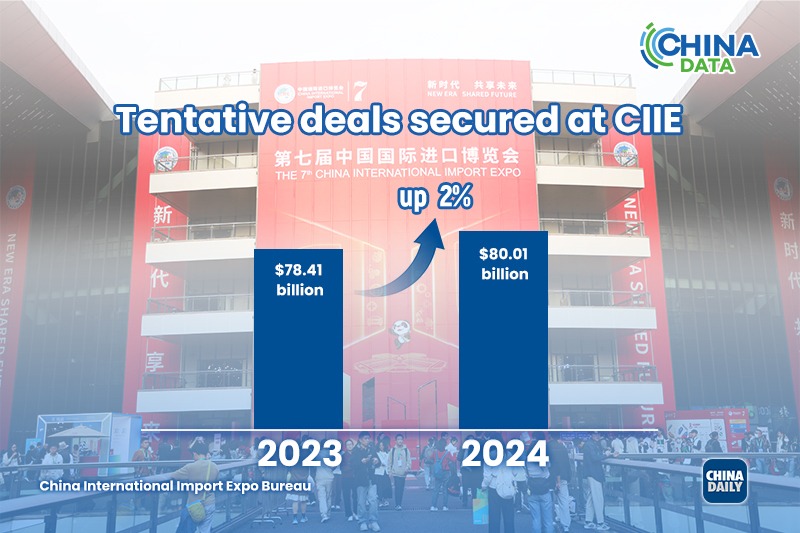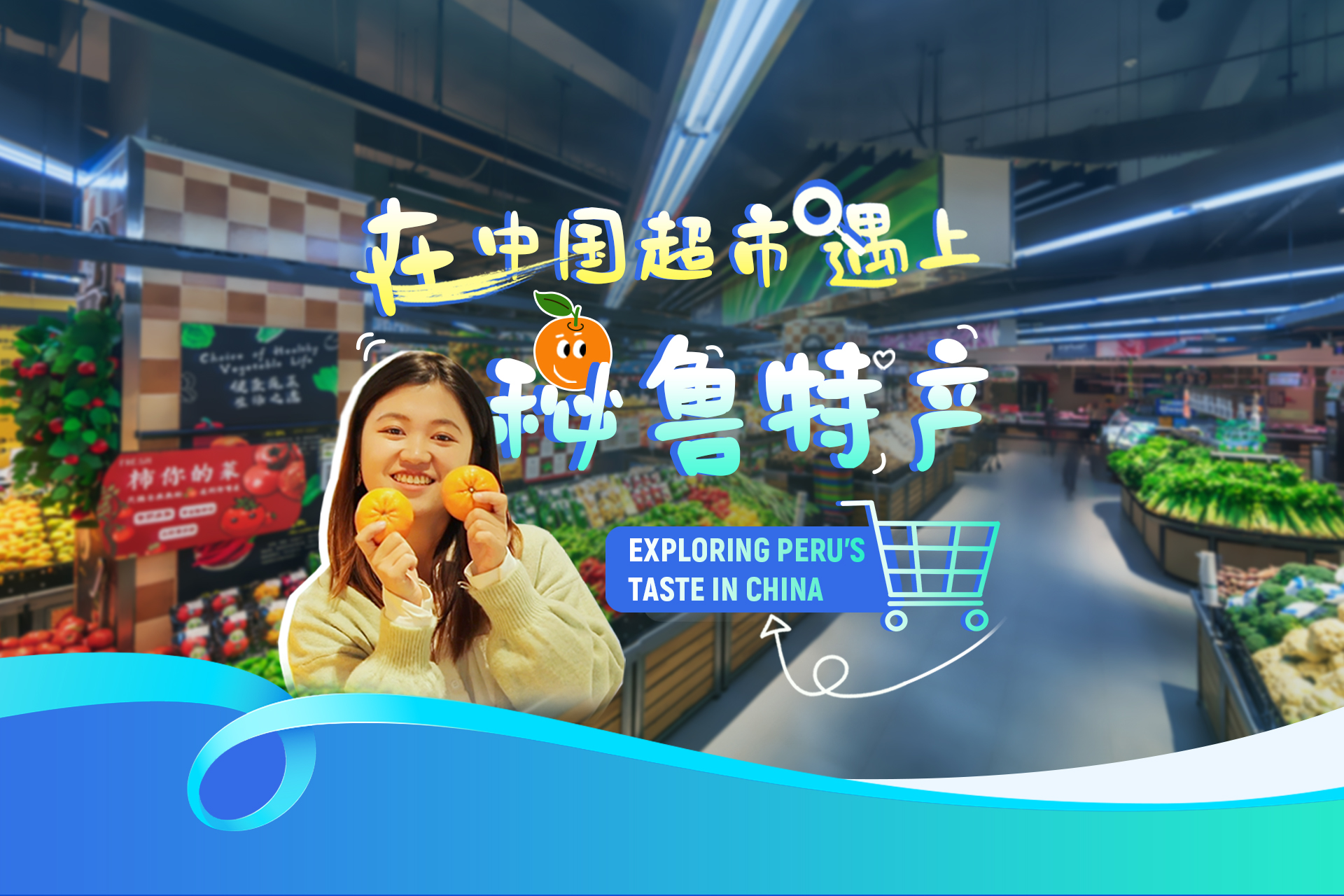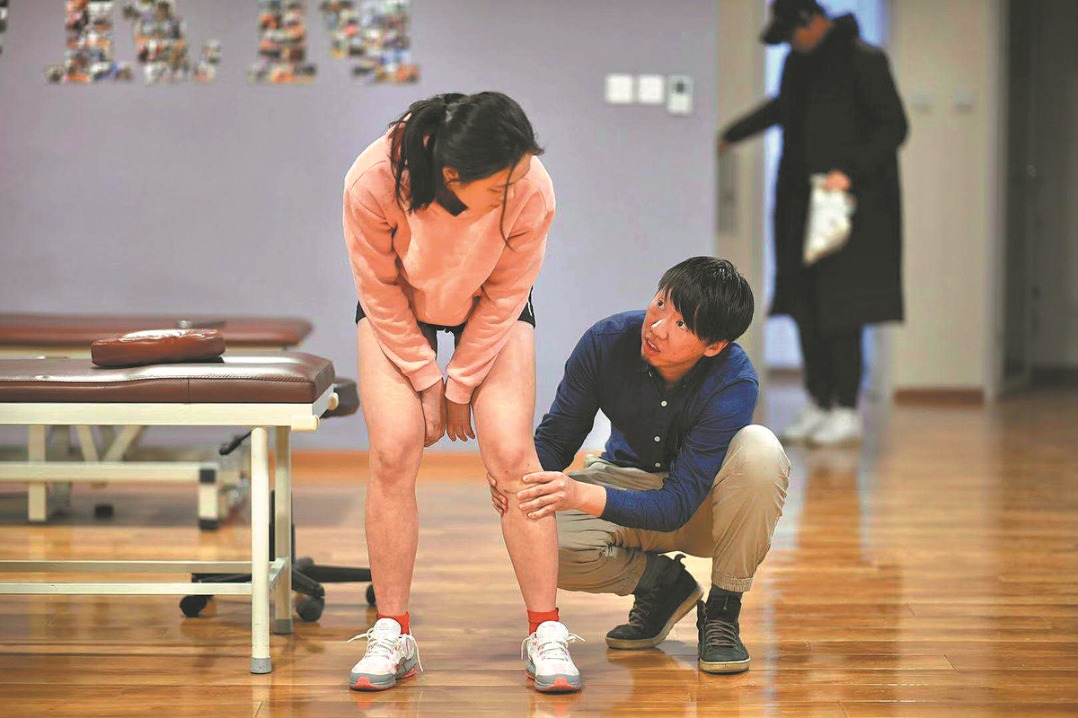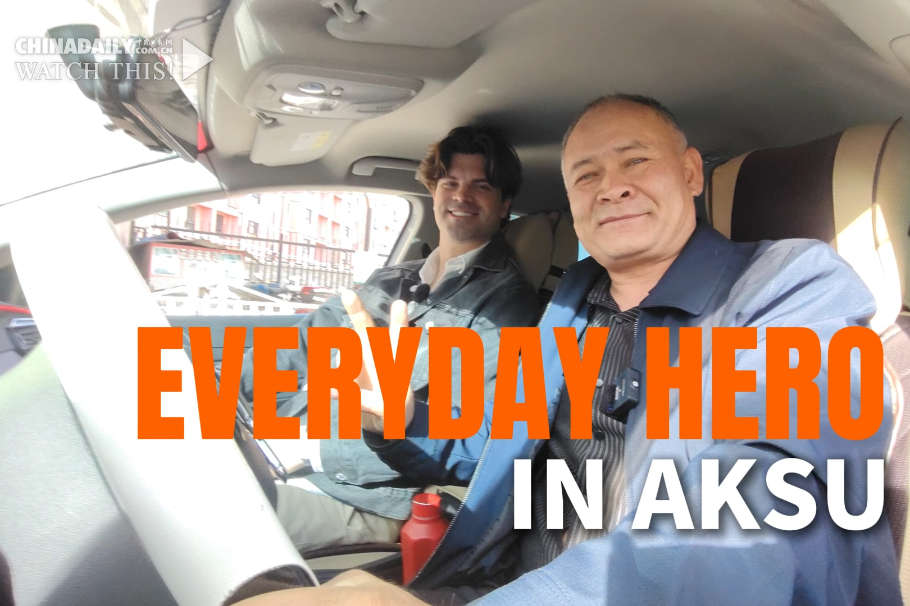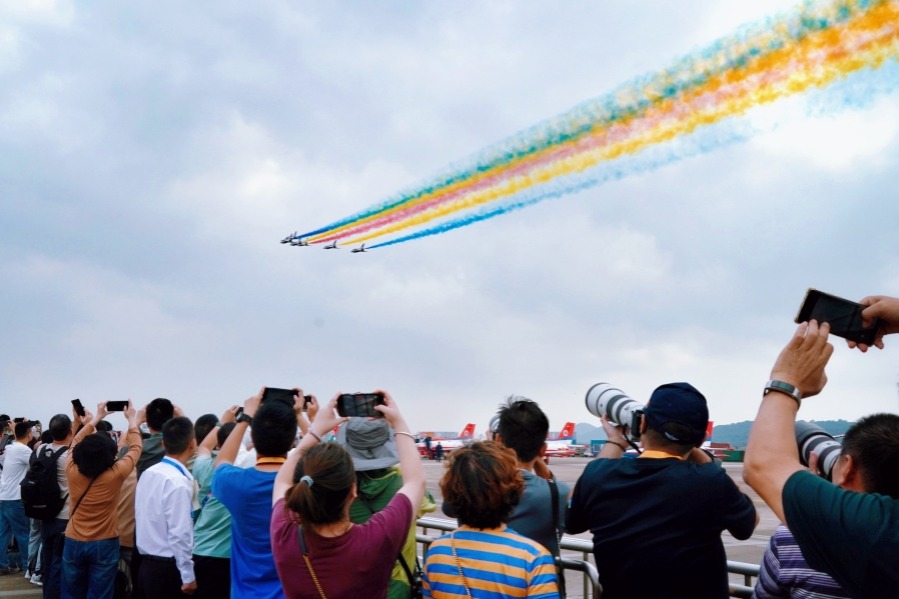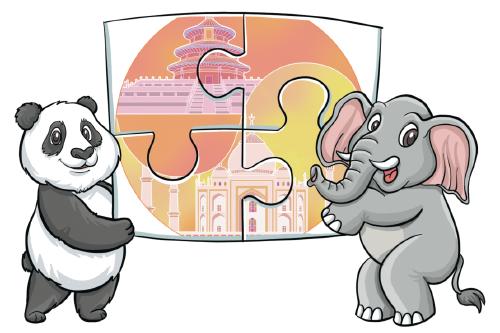Insight into China – Shenzhen

Unbelievable that the Schwarzman program is almost completed; it feels as though I just stepped off the Trans-Siberian train trip (where several scholars and myself traveled through the Nordic region, Russia and Mongolia before arriving in Beijing) and am still learning my way around Tsinghua University’s massive and beautiful campus, China’s various historic holidays, and the wide variety of provincial cuisine. These past eight months have been an exciting cyclone of experiences that will forevermore affect my personal and professional life paths, so I will always be grateful for this opportunity to study and live in Beijing, while having the opportunity to travel all over China. Since moving to Beijing, I have been able to travel to a variety of cities and sites, including Tianjin, Hangzhou, Lanzhou, Xining, Zhangye, Dunhuang, Turpan, Urumqi, Gobi desert and Qinghai Lake! Unsurprisingly, being a part of the Schwarzman Scholars program has been influential in many factions, so I wanted to extend my ability to travel and learn more about China by joining this Insight into China – Shenzhen trip, where I expected to gain knowledge about China’s different forms of lived experiences, especially through the periods of reform and opening up.
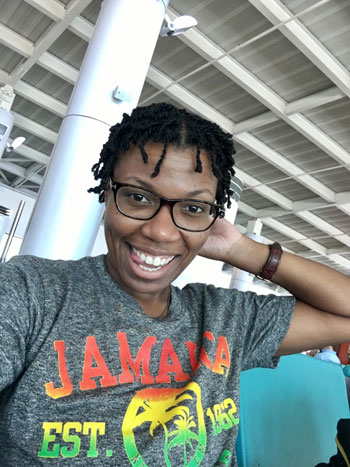
After studying engineering in undergrad and then working in finance for some time, I decided to study something completely different in a place I’ve never been, in order to broaden my horizons. As such, when the time came to pick my concentration, I chose ‘International Relations.’ For the past three modules I have been studying the global economy, comparative international business (with Chinese characteristics), international relations theories and, of course, a whole lot of Mandarin in and outside of Schwarzman. I feel truly honored to have the opportunity to learn from my classmates and academic mavericks, who have all pushed the boundaries of my reasoning and tested my perception of the world. Therefore, I signed up for the insight into China trip in order to experience first-hand the city that first opened up to the world. I expected this trip to be like some of my all-time favorite academic moments such as listening to Schwarzman former dean, David Daokui Li, close out the Global Economy class with intentionally and wonderfully controversial and thought-provoking commentary on China’s position on the global scale.
Travelling around China’s massive territories has been one of life’s and school’s surprising pleasures. From China’s bustling capital city of Beijing to the western outskirts of Xinjiang down to the near-tropical, southern beauty of Hangzhou and Shenzhen, I ate, bungled through Chinese conversations, and somehow made my way across various peoples and cultures. Though traveling is inherently fun, it very quickly opened my eyes to certain nuances of Chinese culture and norms that I have never been privy to, even though I have closely worked and attended school with many Chinese individuals (for example: the provincial distinction of Chinese food is so mind-bogglingly vast and complex, no wonder native Chinese are not too fond of western notions of ‘Chinese food’). I am very grateful for the opportunity to be a member of this trip because the exposure I am gaining from my travels will certainly be an asset in my future endeavors as I strive to be an international business facilitator, especially with regards to China.
During this Insight into China – Shenzhen trip, I was able to solidify my learning from coursework, learn a few new things, as well as share my knowledge of China abroad. From coursework and colleague discussion, my impression of Shenzhen was that it was an area that focused or deeply cared about facilitating innovation, openness and foreign talents. The fact is that at the beginning of the opening up period, China went abroad to other developed countries in the region in order to learn from their methods and then implement it in its own country. We were given a first-hand experience to see photos and hear stories of the actual reform period, where special economic zones were set up in order to filter out which strategies worked well and which ones did not. It was great to put more details to the stories I have heard/studied back at Tsinghua, Beijing campus.
The setup of the Insight into China trip was such that I had a large number of buddies (paired up with three Chinese scholars) and we shared our understanding of China to each other, especially in the context of China’s activities abroad and opening up. One of the most indulgent experience sharing occurred during lunch where Chinese students spoke about importance, origins and characteristics of food where they are from and spoke about the food we were having for lunch. The second interesting sharing session was during the thematic evening discussion, where Chinese and international students shared their perspectives on President Xi Jinping’s five development concepts, the reform and opening-up policies and China’s foreign policy approach in the context of its rising profile.
Aside from these discussions and lunches, we had the opportunity to visit companies, entrepreneurs, government agencies and exhibition halls in order to engage with politicians, business leaders, professors, researchers and facilitators from varying industries (mostly under the umbrella of technology and finance) so that we could learn about Shenzhen. As such, we learned the ‘dos and don’ts’ of successful and enthralling meeting hosting, effective leadership strategies with Chinese characteristics, the history of reform and opening up policies, and how business people are making the most impact in a lifetime. To close out, I would like to emphasize that this continues to have the potential to be a meaningful program where international students can share their experiences and learn from their Chinese counterparts, as they travel around Shenzhen. With a bit more flexibility in the trip and more time built in for cultural and recreational time to explore the city, this will be for an excellent opportunity to improve students’ growth and I thank the team and organizers for their contribution.
Stacey-Ann was born and raised in Jamaica and has lived and worked in the US, South Pacific, Latin America and now China. Her experiences have culminated in a specialized role at DiDi Chuxing, where she currently works in the international division, focusing on localization.
















